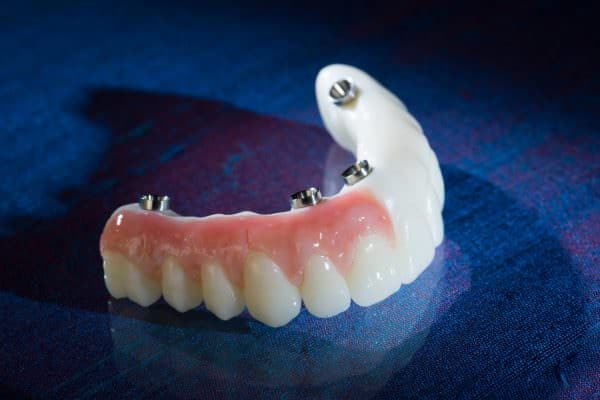The field of dermatology has evolved significantly in recent years, with a growing emphasis on personalized approaches to skin health. Precision dermatological therapeutics, often referred to as precision dermatology, is a cutting-edge medical discipline that tailors skin care and treatment plans to an individual’s unique genetics, skin type, and specific needs. This innovative approach represents a paradigm shift in dermatology, moving away from one-size-fits-all solutions and towards a more targeted, patient-centered model of care. Precision dermatology recognizes that every person’s skin is unique, and what works for one individual may not be suitable for another. This approach takes into account various factors that influence skin health, including genetics, environment, lifestyle, and skin conditions. By leveraging advanced diagnostic tools and technologies, precision dermatologists can develop personalized treatment plans that offer more effective and tailored solutions to address specific skin concerns.
Genetic Profiling – Genetic variations can significantly influence skin health, including susceptibility to certain skin conditions and how skin responds to treatments. Precision dermatology begins with a comprehensive genetic profile to identify specific markers and variations that may be relevant to a patient’s skin health. By understanding a person’s genetic makeup, dermatologists can recommend treatments and skincare products that are more likely to be effective.
Personalized Skincare Regimens – Precision dermatologists create customized skincare regimens that take into account a patient’s unique skin type, sensitivities, and needs. This approach can help prevent or address a wide range of skin issues, such as acne, rosacea, eczema, and premature aging and navigate here.
Targeted Therapies – For individuals with chronic skin conditions, precision dermatology can provide more targeted and effective treatment options. Medications and therapies can be tailored to match the specific genetic and molecular factors contributing to the condition, increasing the likelihood of successful outcomes.
Lifestyle and Environmental Considerations – In addition to genetics, precision dermatology considers environmental factors, such as sun exposure, pollution, and dietary habits, which can impact skin health. Patients receive personalized advice on lifestyle modifications to support healthier skin.
Monitoring and Adjustments – Regular monitoring is a crucial aspect of precision dermatological therapeutics. Dermatologists track a patient’s progress and make adjustments to their treatment plan as needed. This adaptive approach ensures that the patient’s skin health remains optimized over time.
Precision dermatology is advancing through the integration of technologies like genomics, artificial intelligence, and telemedicine. Genetic testing and analysis, for instance, allow dermatologists to identify genetic markers associated with various skin conditions and drug responses. Artificial intelligence assists in analyzing vast amounts of patient data to make more accurate diagnoses and treatment recommendations. Telemedicine facilitates remote consultations and follow-up care, making personalized skin health accessible to a broader population.
One significant advantage of precision dermatological therapeutics is its potential to reduce adverse reactions and side effects from skincare products and treatments. When treatments are tailored to an individual’s specific needs and sensitivities, the risk of adverse reactions is minimized. This is especially beneficial for patients with sensitive skin or those who have struggled with allergies and intolerances in the past.
Moreover, precision dermatology holds great promise in the field of anti-aging. By targeting the specific factors contributing to premature aging, such as collagen loss or sun damage, precision dermatologists can create highly effective anti-aging regimens.


 Generally speaking, a small business should start with a smaller batch, but anything under two hundred cards just won’t be worth it due to the reason that they will run out so quickly that you’ll probably have to start the process all over again. Three to four hundred can work too, but make sure that you store these business cards in an airtight container because of the fact that they will degrade if they are exposed to moisture or air for extended periods of time.
Generally speaking, a small business should start with a smaller batch, but anything under two hundred cards just won’t be worth it due to the reason that they will run out so quickly that you’ll probably have to start the process all over again. Three to four hundred can work too, but make sure that you store these business cards in an airtight container because of the fact that they will degrade if they are exposed to moisture or air for extended periods of time.







